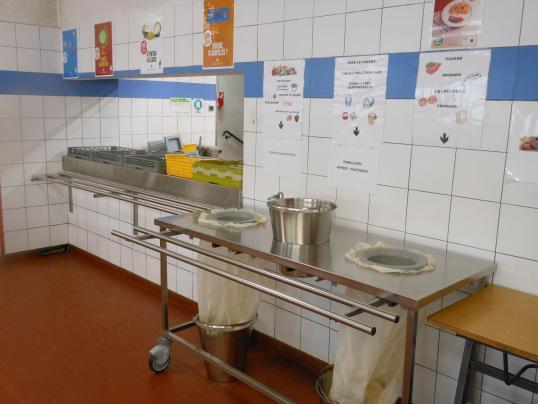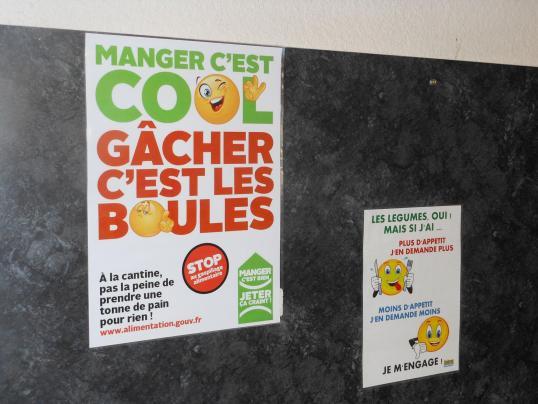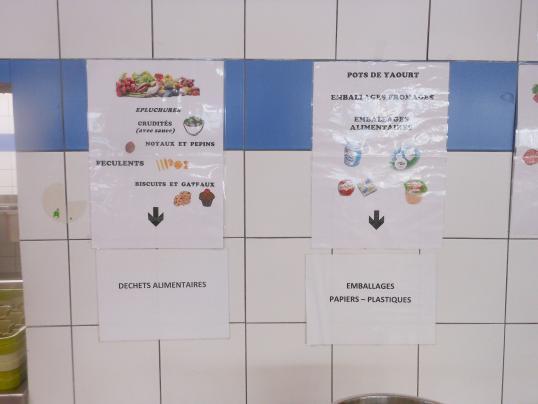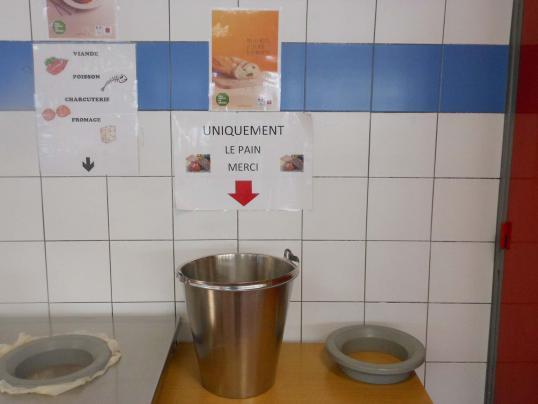Bernard Mehl, zero food waste ambassador and college canteen responsible, watches over and promotes the “En Isère, stop au gaspillage alimentaire!” plan that fights against food waste in college schools.
By the time of writing, the European Commission is looking for contributions and your views to revise the EU Waste Legislation. The overall environmental outcome of waste management should be improved in line with the waste hierarchy of “reduce-reuse-recycle”. For the first time, targets of food waste are introduced, legally binding targets with the goal to halve food waste in the EU by 2030. An Open Public Consultation is running until 16 August 2022 and can be accessed here.
During this interview, Bernard explained how the plan was welcomed by the schools in the Isère department, what actions are taken to raise students’ awareness about their impact on the environment, and how schools from all over Europe can adopt such a plan.
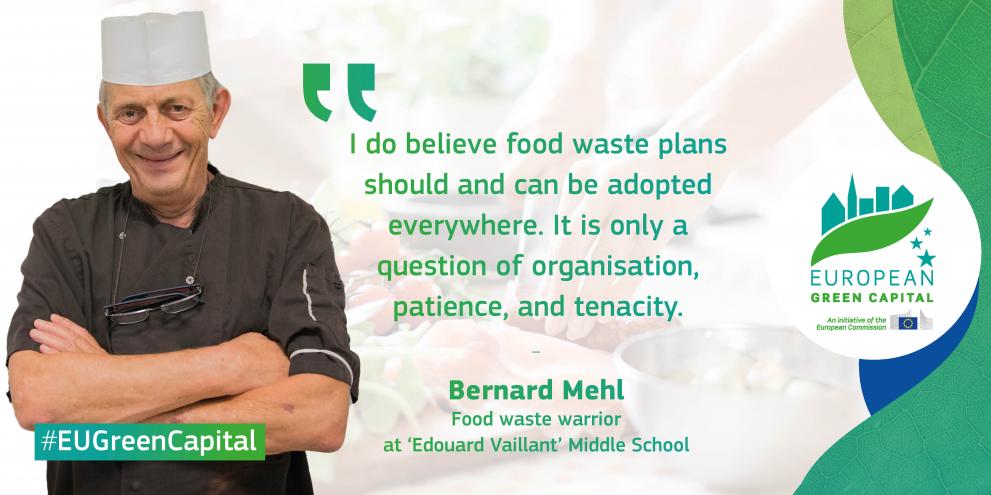
Considering that you worked in schools’ canteens before the 2015 plan was adopted, can you tell if the plan has made a remarkable difference in terms of food waste?
I started working in school canteens in the 2000s. Back then we were not having much hindsight on food waste. Furthermore, there were no obligations nor directives regarding this problem. To answer your question, I can state that I witnessed a transition over the years in people’s mores: food waste became deep-seated, and today they are more sensitive to respecting food.
Did you find this plan against food waste important from the very beginning?
Absolutely. As a canteen responsible I could immediately save money as we did not need to buy so much food anymore. Our canteen is a ‘satellite canteen’, which means that we order the food already cooked from a central canteen. Each week we order 10 dishes less than the total number of people considering there are always absentees.
Finally, the college administration informs us daily about the number of people present and we know therefore which quantity of food we have to warm up.
Before the plan was adopted in 2015 by the Isère department, we (me and my colleagues) registered 200-250g of food waste per person per week while now we register 90-100g of food waste. This is good progress, however, we aim at reducing the waste to 50g and even less.
What anti-food waste actions do you take in your college’s canteen?
At first, we reduced the quantity of food we were serving. Using plates with bigger edges was a clever decision considering that we are filling the plates less without them looking particularly smaller.
Secondly, opening dialogue with students aged between 12 and 16 years old allowed us to better understand their needs and habits. To give you an example, most of them prefer spinach to carrots. Interesting, right?
Thirdly, we have posters all over the canteen that aim at raising students’ awareness of their impact on the environment and motivating them to fight against food waste.
Finally, there is a sorting place in the canteen where we measure the quantity of food waste every day. The week after, we inform the students of the food they have wasted so that they constantly keep an eye on their consumer behaviour. In addition, all the portions that are not consumed go to associations like The Restaurants du Cœur. You see, we really try to make sure that all the ordered food is consumed.
The difficulty is not in implementing these actions; the difficulty is to keep the students motivated. Therefore, the education process is continuous.
Do you feel that students and their parents are sensitive to this common fight, knowing that we can ‘win’ it only if we stay united?
Truth is that some students are less sensitive to food waste than others. It is like that, and I don’t think we can all be the same. Nevertheless, we try to talk to them every day and some of them have also come up with ideas, which is great.
Do you think such a food waste plan could be implemented by schools everywhere in France and Europe?
It is feasible as long as there is a communication strategy (posters or another type of communication support) and good team coordination in the canteen. We, the canteen personnel, have to be open and consider people’s habits and needs. Sorting food also takes a lot of time and is not easy to make people pay attention to it. It is all a matter of time: once the process is on and deep-rooted, it continues by itself.
Finally, I do believe food waste plans should and can be adopted everywhere. It is only a question of organisation, patience, and tenacity.

